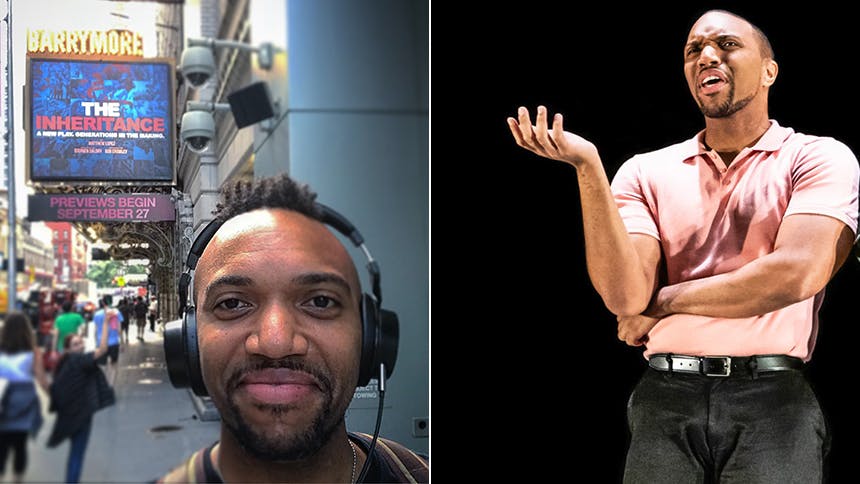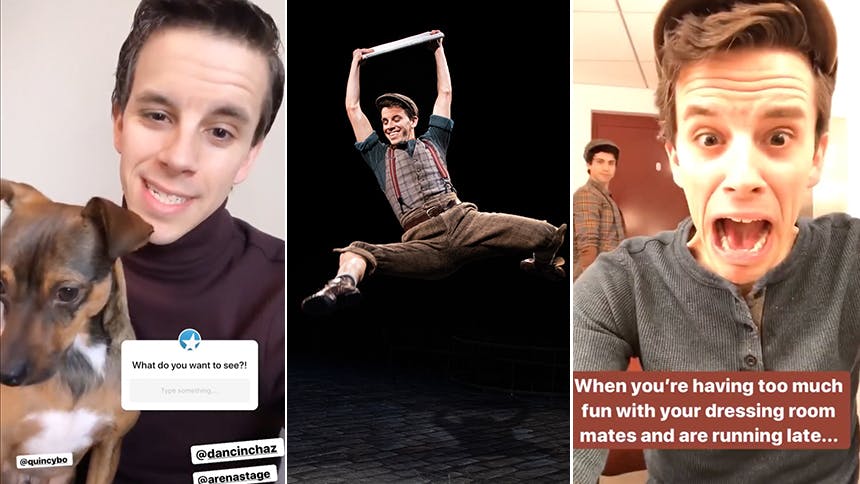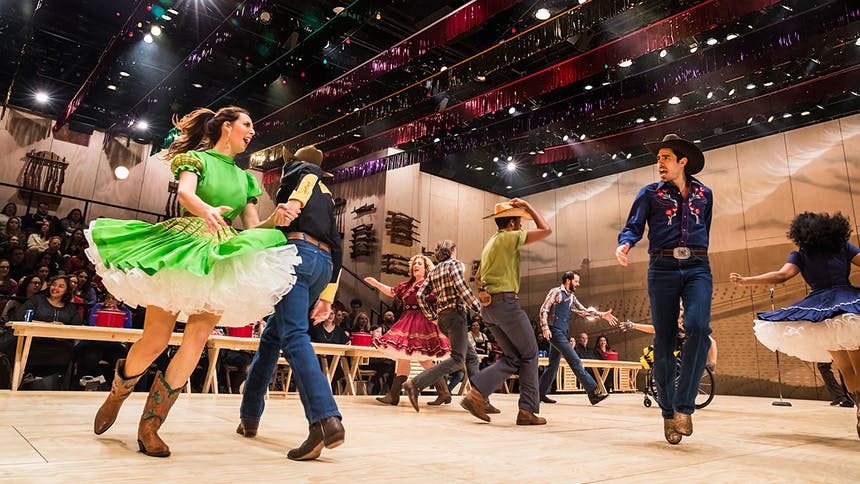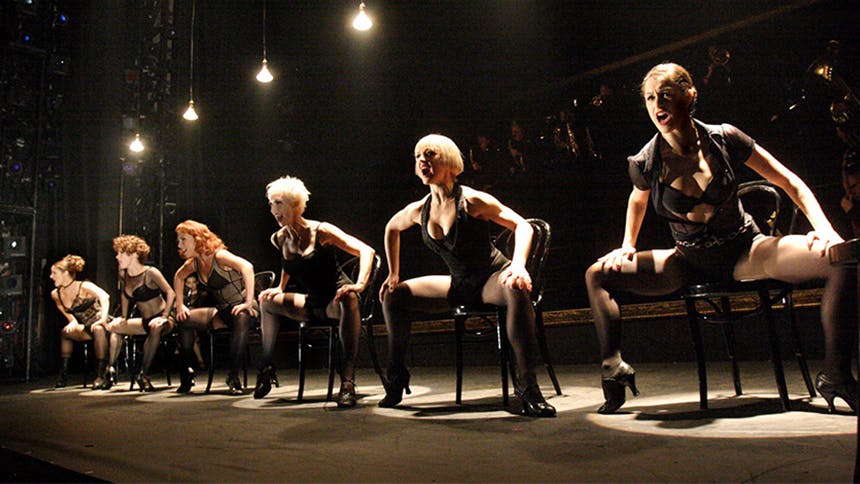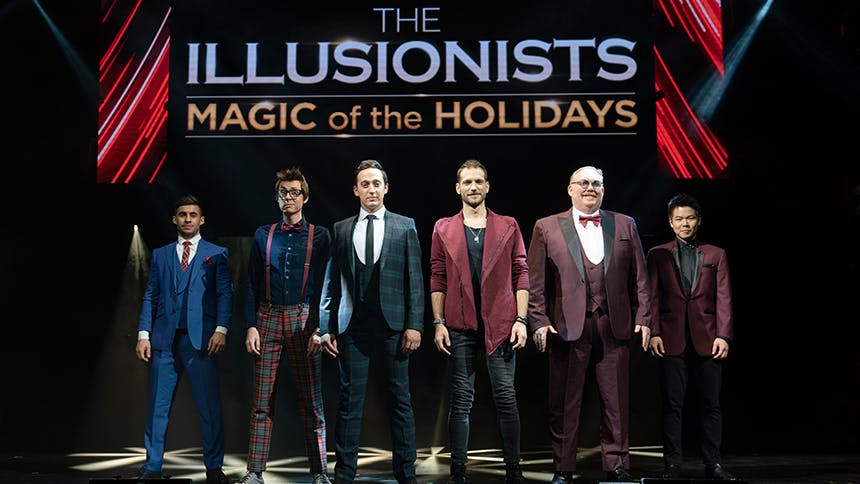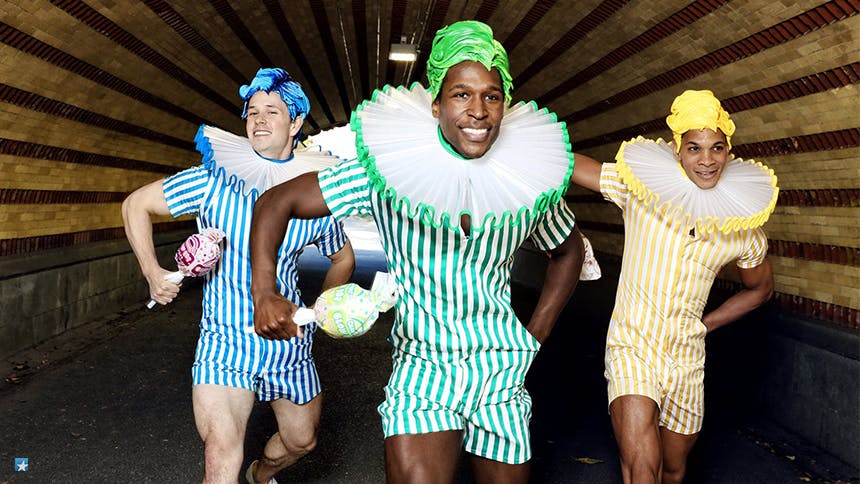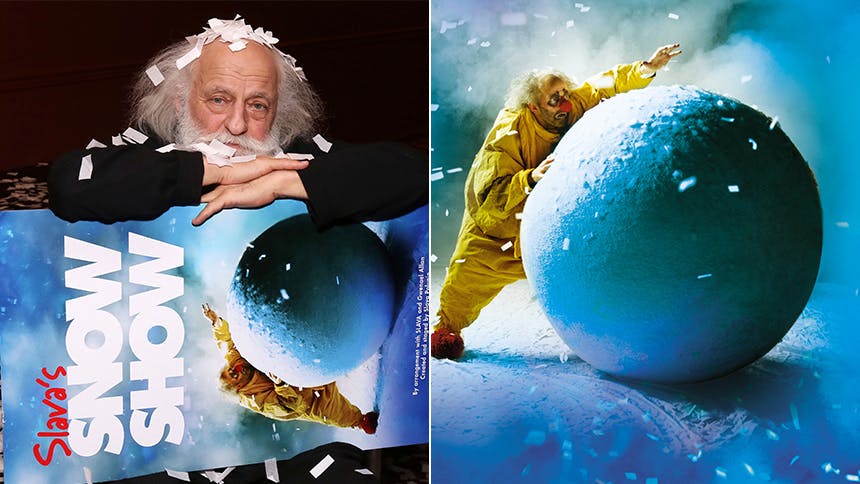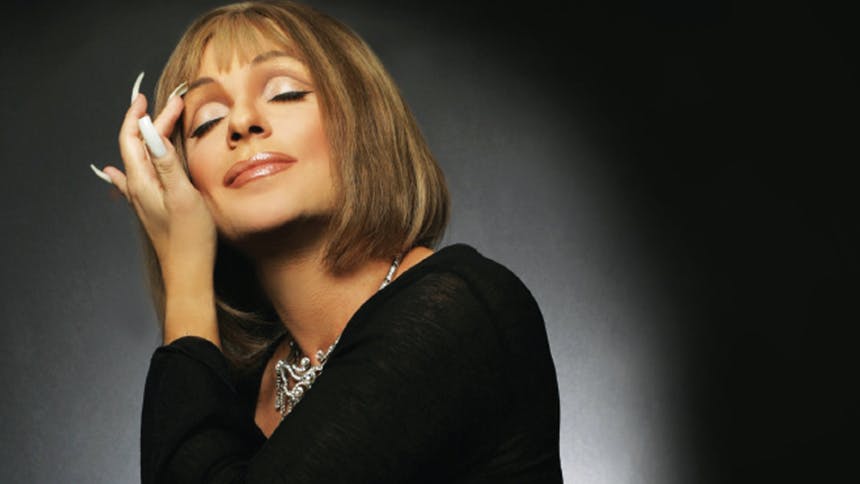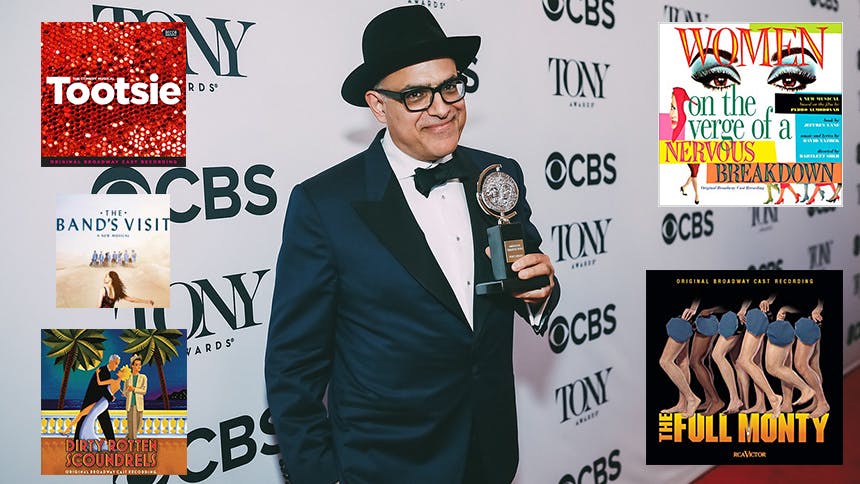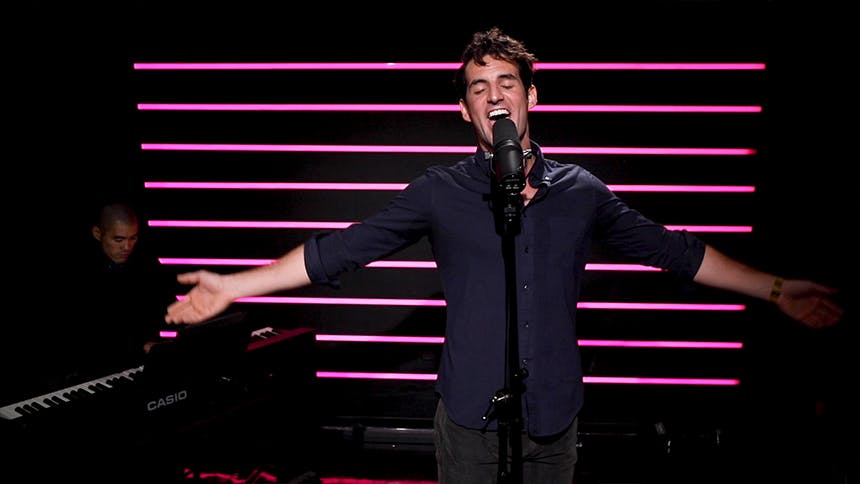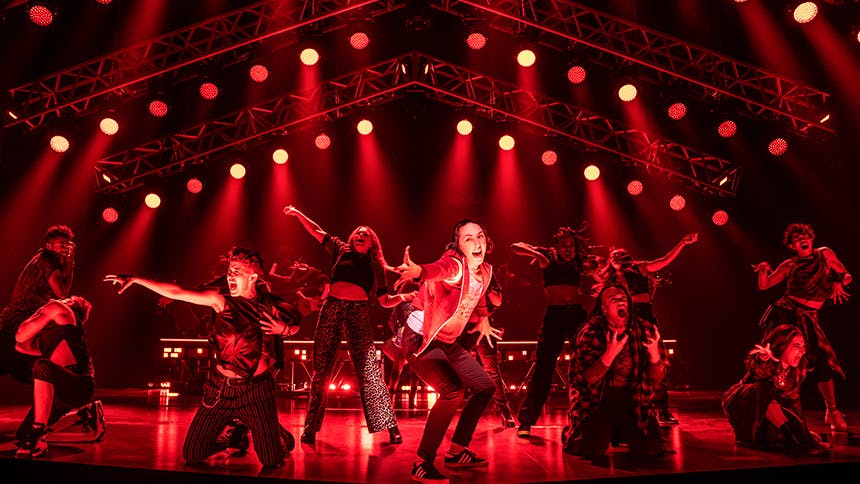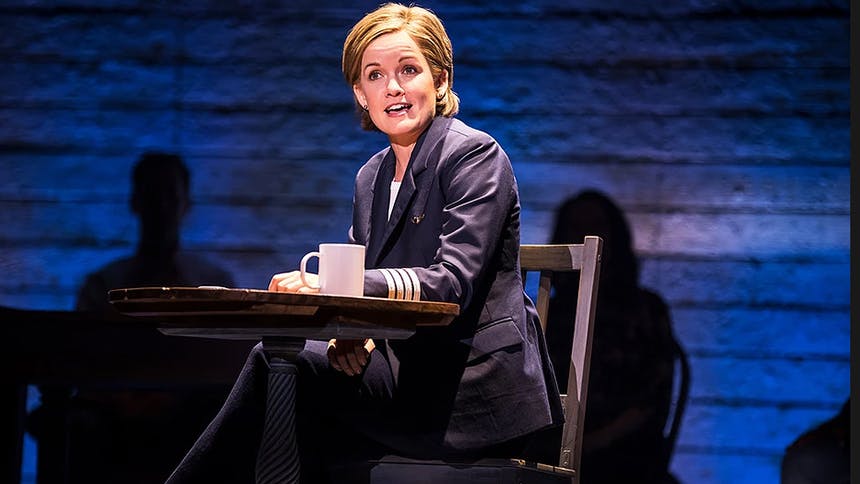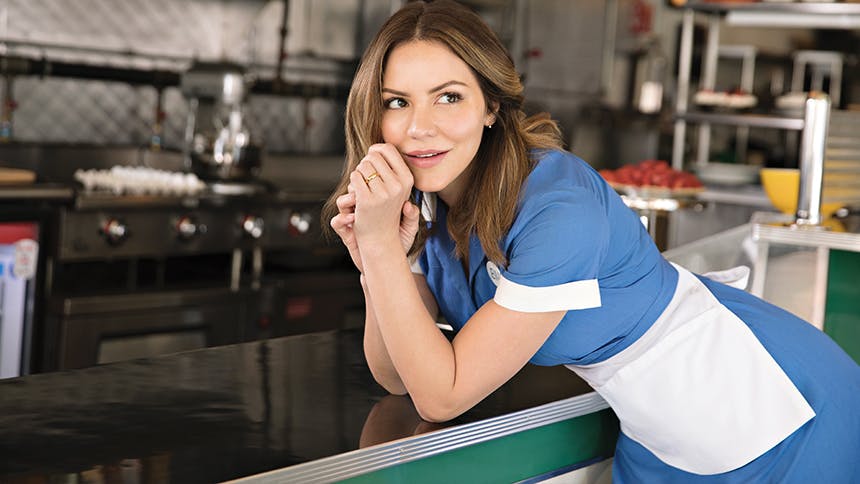Jordan Barbour makes a breakout Broadway debut as Tristan, a brilliant doctor living with HIV impassioned by the Trump administration, in Matthew Lopez’s acclaimed epic about gay men in present day New York The Inheritance
. Jordan’s electrifying political speeches throughout the two-part drama receive huge applause, and his layered performance cements him as a fan favorite. BroadwayBox caught up with the Juilliard alum to discuss finding the heart of his Inheritance character, his own experiences as a gay black man in America, and how The Inheritance is like Shakespeare.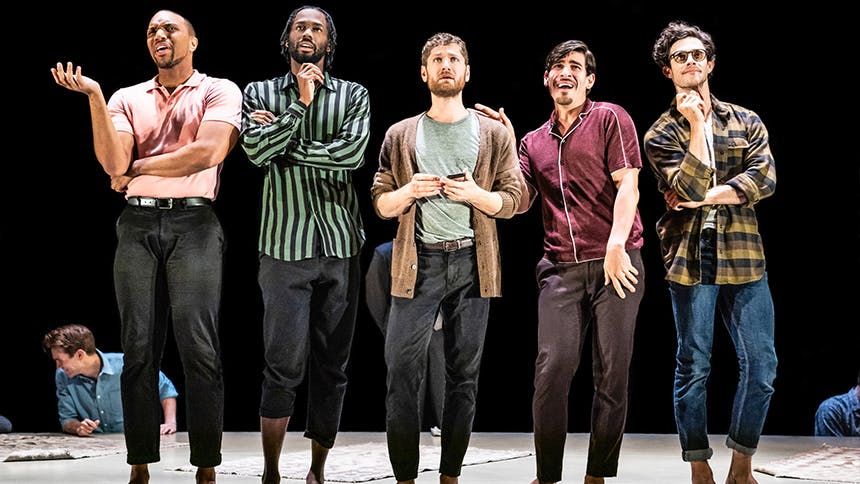
1. This is your Broadway debut. How did it happen for you? Who was your first call when you found out?
It was a long process that spanned a few months. Four rounds of auditions in June (including a three-hour group callback), followed by a final audition a month later, made for very emotional and nerve-wracking summer! I was on a bus from Philly to New York when my reps called to inform me that I got the part. It took all my willpower to keep from screaming out in joy, but, somehow, I maintained my composure so as not to completely terrify the other passengers. When my bus finally arrived in New York, I actually ran into a friend of mine who had just found out that he too was going to be making his Broadway debut, with The Great Society. We hugged each other on the street for what felt like an hour. It was sublime. My first actual call was to my sister, who has been my biggest champion and supporter since starting my career 14 years ago. She cried harder than I did.
2. What do you admire about Tristan? What do you love about bringing this character to life?
I love Tristan’s strong will. There is a quiet confidence to him that I deeply admire. He’s incredibly intelligent without being cocky or pretentious. And he knows how to tell someone off, but does so in a way that is ultimately kind and never demeaning. I love finding the intensity in a character who is pretty calm and reserved for the most part. Because Tristan chooses his words intently and deliberately the moments when he speaks are powerful because he’s crafted what he wants to say with intelligence, eloquence, and wit. I love that even when confronting someone with whom he has major fundamental differences, Tristan is able to maintain his composure and remain respectful without sacrificing his fire.
3. What insight did Stephen Daldry and Matthew Lopez offer you about this character and how he fits into the play?
As a gay black man myself, it can be very hard to find the optimism in a character like Tristan. He is a character that has had many trials in his life and has often felt overlooked. As such, my initial take on him was a bit more defensive and impatient. I think I had a strong grasp on the soul of the character. Stephen and Matthew helped me find his heart. At his core, Tristan really does see the good in people and that love guides him throughout the show. There’s really only one moment in the entire play where Tristan loses his cool and it’s one of his final moments on stage. I kept wanting Tristan to have moments where his fire and anger and vulnerability were present before that. Stephen really wanted me to help him keep his cool so that the moment where he finally does lose it has a bigger payoff. What it gives us is the ability to see a man who is desperately trying to maintain an optimistic outlook, even as the world around him becomes darker and more hostile. In many ways, Tristan’s arc is an emotional allegory for the play itself: people desperately clinging to the silver lining on an ever-darkening cloud. Matthew and Stephen helped me realize that in many ways Tristan is a proxy for the audience. And the moment when he finally loses his cool mirrors where many of us have felt in the last few years as we have watched our country change and grow increasingly polarized.
4. Tristan is one of the most politically engaged characters on stage. Do people want to talk to you at the stage door about your speeches in the show and politics in general? Has the role made you more political in your life?
I would say that I’ve always been a pretty political and civic-minded person. Finding Tristan’s fire as it pertains to social issues was not very hard for me. The hardest part was finding his optimism and joy in the face of increasingly dire circumstances. Many people have wanted to talk to me at the stage door about Tristan’s journey, especially his move to Canada. Many people have shared how similarly they felt in the years following the 2016 election, especially with regard to Tristan’s journey from open-hearted optimism to defeated disillusionment. And that’s on top of people who just want a shoulder cry on after the incredibly emotional journey that is this show.
5. Your resume has a lot of Shakespeare on it. What are the similarities between performing in a big Shakespeare drama and The Inheritance?
Shakespeare’s plays are all about finding the small human stories against the backdrop of epic circumstances. When you consider Hamlet, Macbeth, Twelfth Night, Midsummer, et. al. what you’re seeing is the deep psychological investigation of a single person (or small group of people) against extraordinary circumstances. I think Matthew has set a similar challenge for himself with The Inheritance. Ultimately, the play is the story of a few men trying to figure out their place in the world with the backdrop of the AIDS crisis and its evolution from the fear and panic of the ‘80s to its current place in our collective psyche. That’s a huge undertaking, but Matthew manages to keep a laser-like focus on a handful of characters dealing with the history of this crisis and how they fit into it.
6. Tell us a memorable audition story.
I think the most surreal audition I’ve ever had was when I auditioned for Peter Brook and Marie-Helene Estienne and their play, The Suit, an adaptation of Can Themba’s short story with the same name. Through a very long series of friend-of-a-friend connections I ended up on their radar and they asked me to submit a tape for one of the roles in the play. I had to submit a tape because their company is based in Paris. I sent in the first tape. Marie-Helene didn’t like it. I submitted again and was told it was good enough for an in-person callback. So, they flew me to Paris to audition for them in person. I was thinking there would be a bunch of guys there reading for these parts. It was just me and one other person, and, as it turns out, he was auditioning for the other role in the play so we weren’t even in competition. My character mostly had monologues so the audition primarily consisted of myself performing the character’s opening monologue of the show. I said a few words. They stopped me and told me to start again and to do less. I did. They stopped me and told me to do less again. And again. And again. We worked through the entire monologue like this for about an hour. Stopping and starting. Going back from the top. Getting my timing right with the pianist who was underscoring the monologue. It was one of the most nerve-wracking experiences of my entire life. Not only because they kept stopping me, but because I was attempting to do this monologue with a South African accent. And doing all this in front of Peter Brook, one of my theatrical idols. Needless to say, my nerves were high and I was sweating buckets. At the end of the two-hour audition, Peter and Marie-Helene excused me and the other actor so they could talk to the producers. The producers then took us out to lunch. Myself and the gentleman I auditioned with then spent the next hour engaging in small talk with the producers anxious out of our minds that this lunch was a consolation for coming in, not realizing that Peter and Marie-Helene wanted us and that this lunch was essentially our hiring. I came back later that summer and toured with the company around Europe, Asia, and North America for the next year.
7. For you, what's the most striking or personal line from The Inheritance?
“I’m a gay, black, HIV-positive man who lives in America. I don’t see how I could possibly have a future here.” I’ve had to sit with that line a lot because of how deeply it resonates with me. This is one of the last lines I say before my character essentially exits the story. Though I cannot relate to the experience of being an HIV-positive man, I do understand the isolation and alienation one can feel from being a gay, black man in this world. Often those identities feel at odds with one another because of how frequently our society tries to segment people into boxes without recognizing the many manifestations of intersectionality. And especially since the 2016 election, I feel that desperation living in this country every day. This can feel like a hostile world where being one or all of those things can make one feel ignored and disenfranchised. And I, too, have questioned whether or not this country, is a place where I will ever feel completely at home, especially in light of the way things are moving.
8. The guys talk at brunch about important LGBT cultural touchstones (as no doubt The Inheritance will be). What was an important piece of gay representation for you growing up?
Sadly, I didn’t have many idols that looked like me growing up. I was essentially raised by TV, and the sad truth was there were not many (if any) prominent out, black, gay men in my orbit. There were a few major milestones that I still definitely remember: Ellen DeGeneres’ coming out both in life and on her TV show; Will and Grace premiering when I was in high school (I even wrote my college thesis on its inaugural season); Seeing The Talented Mr. Ripley and being disturbed at how much I identified with the title character—a gay man who also happened to be a homicidal sociopath; Sneaking into my parents’ room when they were away to watch the series premiere of Queer as Folk, and therefore seeing gay affection and sex on screen for the first time. These were hugely formational to my discovering my gay identity when I was in high school, and later college when I ultimately came out. But again, I never saw anyone that actually looked like me. It took me discovering James Baldwin in college by reading Another Country to finally see someone who maybe looked like me wrestling with issues of sexuality and identity.
9. What was your experience like playing Will Parker in the Oregon Shakespeare production of Oklahoma?
Doing that show was, is, and always will be one of the most powerful and beautiful experiences of my life. I think there is a lot of misconception about Oklahoma being a hokey, cheesy musical. And sadly, as it has adopted the status of being a family-friendly staple at high schools and community theaters around the country, that is how the show has become canonized. People often forget how dark the show really is. And I think that is one of the reasons Daniel Fish’s recent staging has been so successful—it’s been able to strip away some of that sheen and remind us of the darker elements in the play. What I loved about our production at OSF, what I felt being in it, and what I heard from people who saw it, was how new the material felt just by swapping some of the genders of the lead characters to make the two central couples into same-sex partnerings. There’s something incredibly powerful about seeing two women stand center stage, holding hands defiantly singing “who cares if they tell on us. Let people say we’re in love.” What was so refreshing about our production was that we offered a glimpse of what America could be. And how at its core, the ideal of America (post-colonial America, that is) is supposed to be a land of opportunity and endless possibility. Experiencing the fear, excitement, and danger of that new love in a new territory in a “new” land allowed an exploration of some of those darker themes while maintaining the optimism and joy that are at the heart of the story. Similarly, getting to play a character who is madly in love with another boy without our sexualities being something that is constantly commented on was a unique and totally new experience for me. Often when playing a gay character, that character’s sexuality is a central focus of the role (and by extension, his dialogue). What was so refreshing was that I could just play a man in love, and explore all the intricacies of their courtship and relationship without letting his sexuality or discovering said sexuality be the main focus. I was just allowed to be a person falling in love.
10. Which movie have you seen more times than any other? What speaks to you about it?
Magnolia, written and directed by Paul Thomas Anderson. It's the movie that made me fall in love with movies because of its bold, inventive storytelling. I tend to be drawn to big ensemble stories centered around people going through seemingly mundane, but ultimately extraordinary circumstances. As an actor, I’m drawn to stories that really try to understand why we do what we do and how we relate to each other. And as an artist, I’m drawn to stories that are able to do that in ways that are highly theatrical, and narratively bold. I’m sure that has a lot to do with my love for The Inheritance.
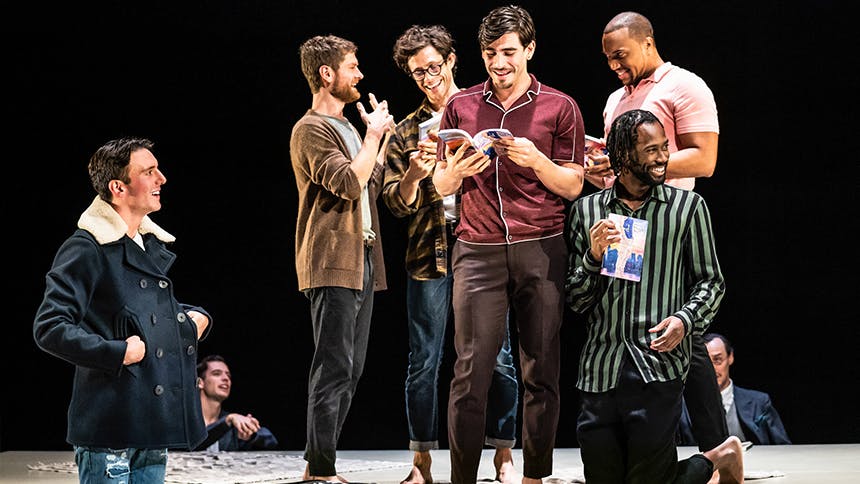
Get yourself over to Broadway’s Barrymore Theatre to see Jordan Barbour shine in The Inheritance.
